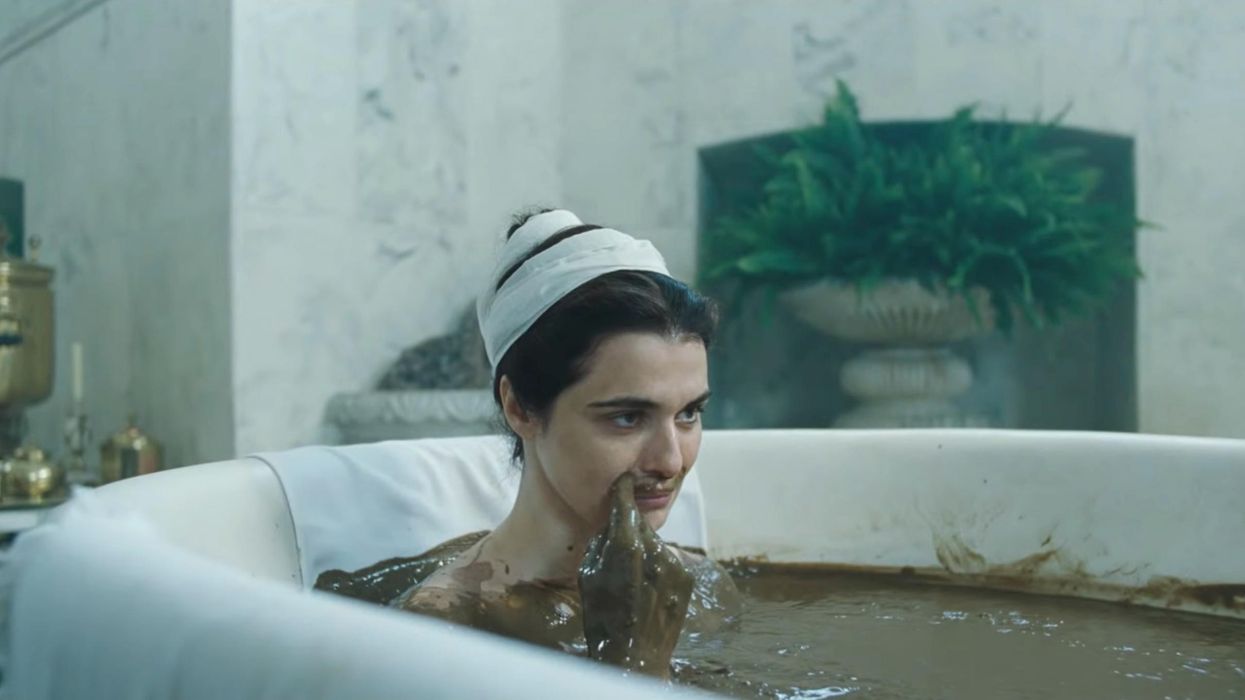Learning from Screenwriter Tony McNamara and How He Created 'The Favourite'
Wise words from "The Favourite" screenwriter Tony McNamara.

Australian screenwriter Tony McNamara is a BAFTA winner and an Academy Award nominee for last year's period black comedy, The Favourite. He called television his home for a long time, writing TV episodes for over ten different shows and dipping only occasionally into a film. This most recent foray paid off very well, although it took a while to get there.
He recently sat down with BAFTA Guru to discuss his writing process, what it was like to write on The Favourite, and how he has made a living as a writer.
Meeting Yorgos Lanthimos
During the early days of The Favourite's development, Lanthimos had not yet made an English-language film. He received a 2010 Oscar nomination for Dogtooth, and after that, he was attached as a director for The Favourite.
He had never made a period film, and he had only directed projects that he had written or co-written. He approached McNamara for a rewrite of an existing draft. McNamara says it was a simple matter of chatting with Lanthimos and clicking instantly in personality and goals for the film.
They both agreed that the film should be a tragicomedy, and McNamara got to work.
The Process of Writing The Favourite
McNamara's Oscar-nominated film took seven years to develop and prepare, but the idea existed long before that.
He shares writing credit with producer Deborah Davis, who wrote the first draft of the screenplay in 1998 and did the bulk of the research on the film's real-life historical figures. McNamara was asked to polish and retool this script.
McNamara says he and Lanthimos would return to the screenplay once or twice every year, working on it whenever they had time to meet.
"So it didn't feel like a slog, because it was always fun," McNamara says.
He says they were both aware that, as a period film, The Favourite would be a bigger-budget project and would need fairly significant financing. Lanthimos set out making smaller indie films to establish a name and style and eventually garner the clout needed for a bigger project like this.
Maintaining Tone and Finding Characters
Although the script was based on actual historical figures, McNamara says he and Lanthimos felt free enough not to be married to the history. McNamara had Davis' script as a starting point, but he says he didn't worry so much about who the people were.
The characters, in this case, had to serve the film's tone and also be relatable.
"I really wanted it to feel like the characters were very now," he says.

He wanted their problems to be "vital" and modern. They might live in a castle in another period, but their relationship issues and aspirations could be very similar to those of a present-day viewer.
There was also the matter of balancing the film's tragedy and comedy. They wanted the story to drift slowly toward tragedy, so they had to find the correct tone and the correct placement for the jokes.
"We would go through the script, and sometimes we would think a scene was too funny," he says. "So I would write it back a little bit."
His Advice to Screenwriters
McNamara says The Favourite taught him how to be bold and write something that he enjoyed, without worrying about who else might like it. Lanthimos especially tends to work with his unique perspective and doesn't think commercially, so that enthusiasm rubbed off on McNamara.
McNamara says aspiring writers should know that it can take years to develop your writing skills.
"You're always learning, and that's the beauty of the job," he says.
Much like McNamara, you might find work in television or another field of media while developing a project over several years. Just make sure you're having fun throughout the process.
What's next? Apply Tony's advice in our free screenwriting seminar!
Many people come to No Film School because they want to get information about cameras, gear, and screenwriting. We’re aware that the luxury of attending film school is not available to most of the world, so we do our best to keep you all up to date on what’s out there and how you can shoot and create with your utmost potential when filmmaking.
But what’s at the root of all filmmaking? Storytelling and Screenwriting. So, click the link and get writing!
Source: BAFTA Guru













